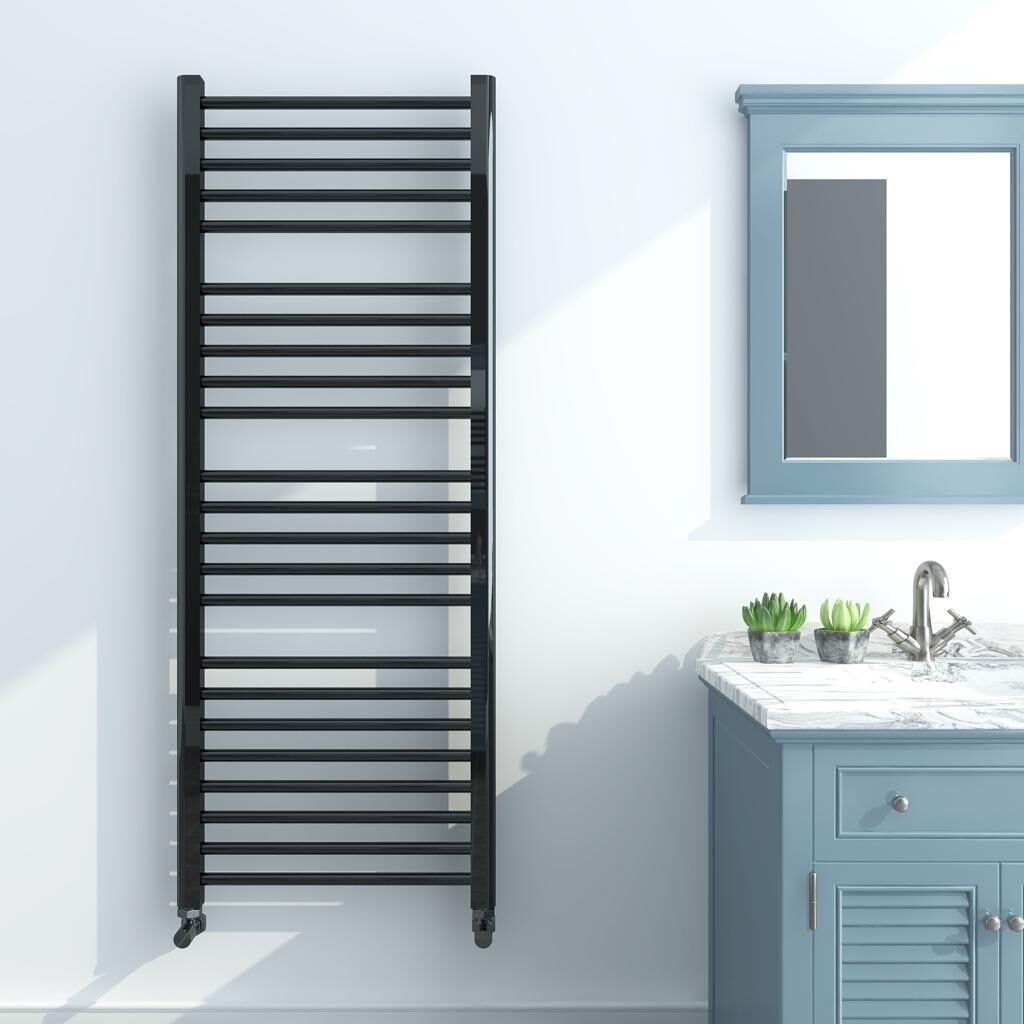Do Electric Radiators Take Up Lots of Electricity? Find Out Now!
With rising eco-awareness and soaring energy costs, UK homeowners want to know – can electric radiators provide an environmentally friendly, affordable way to heat my home? This in-depth guide explores how electric emitters use power, their efficiency compared to gas, plus tips to maximise energy savings.
How Do Electric Radiators Use Electricity?
First, let’s unpack how electric radiators convert electricity into heating. Inside each steel or aluminium unit, electric heating elements directly transform 100% of consumed power into warming your room. This makes modern models exceptionally efficient with minimal wasted energy.
Electric radiators provide instant, fast heat with no delay when switched on – great for rapid warm up after work or school. As manually controllable units, electric heating only operates when required – saving money while homes stand empty.

What Factors Influence Energy Use?
Several key aspects impact the electricity consumed by electric radiator heating:
- Heater Size – Larger, higher wattage radiators heat up rooms quicker but use more power. Correctly sized compact models match room dimensions for efficiency.
- Usage Time – The total daily hours heating must run to maintain temperatures decides energy use. Use smart controls wisely.
- Thermostat Settings – Overheating by just 1°C wastes power. Set temperatures to 20-21°C daytime and 16-18°C overnight.
- Positioning – Placing near cold external walls/windows loses heat faster, needing reheating. Move to inner wall locations instead.
- Insulation – Well insulated spaces retain precious warmth longer, requiring less reheat. Consider eco-friendly upgrades.
Getting these elements right keeps kilowatt consumption down.
What Electrical Usage is Typical?
During colder months, most homes need around 10 hours of warmth daily. For a medium 2000W bathroom radiator:
2kW x 10hrs x 28p/kWh = £5.60 per day
This averages around £40 monthly – less than most families spend on streaming entertainment! Larger rooms may cost more depending on dimensions and comfort needs. Smaller spaces with suitably sized heaters use under half this amount.
5 Tips to Minimise Heating Electricity Use
Follow these suggestions to enjoy ambient temperatures while avoiding electrical bill shocks:
- Zone Heating – Close doors to only heat occupied rooms. No need to warm unused zones!
- Use Smart Thermostats – Connected or programmable controls optimise temperatures while you’re out.
- Set Timers – Ensure emitters switch off when not home to enjoy the warmth.
- Pick Compact Sizes – Right-sized radiators avoid overheating and waste.
- Improve Insulation – Upgrade windows, walls, lofts to retain precious warmth for longer!
Taking a whole home approach – upgrading both technology and thermal performance provides comfortable, truly energy efficient electric heating.
Available Energy Bill Support Schemes
If struggling with higher electricity bills, check eligibility for:
- Winter Fuel Payments – £100-£300 annual tax-free funds for over 65 households.
- Warm Home Discounts – One-off £150 rebate on electricity costs for vulnerable groups.
- Cold Weather Payments – Extra £25 weekly payments during extreme cold snaps.
- Energy Grants – Discounts on insulation, glazing and heating upgrades to improve efficiency.
- Council Schemes – Additional help for struggling households.
Alongside using less energy through simple optimisations, financial support assists vulnerable families to affordably keep warm. Regularly comparing electricity plans saves money too.
FAQs: Electric Radiator Power Usage
How does electricity use compare between electric and gas central heating?
Well-designed electric systems with modern smart thermostatic controls consume similar amounts to equivalently warming gas heating. Avoid outdated storage radiators lacking modern electronics.
Should I switch radiators off completely in unused rooms?
Temporarily, yes. But frequent extreme reheating after cooling uses more energy overall. Maintain background frost protection temperatures instead to retain warmth.
Aren’t older electric heaters inefficient money pits?
Yes, outdated electric storage heaters especially waste lots of energy as residual warmth slowly leaks out overnight. But modern fan-assisted or slimline panel radiators now offer smart, convenient heating comfort.
Key Energy Efficiency Takeaways
- Correctly sized electric radiators prevent overheating and minimise excessive electricity use
- Smart electronic thermostats regulate comfortable temperatures, optimising costs
- Focusing heat where and when needed via zoning cuts waste kilowatt-hours
- Improved insulation retains precious warmth for longer periods
- Available grant support assists vulnerable households struggling with bills
Follow these handy environmentally friendly heating tips and electric radiators provide an affordable, responsible way to warm British homes while respecting the planet and your pocket.
Take Action Now!
Explore our best-selling radiators in the UK and choose one that fits your budget and requirements. Don’t settle for a subpar heating system and upgrade your home heating with the best selling radiators today. Your comfort, energy bills, and the environment will thank you. Find government heating help and grant for more information
It is crucial to seek guidance from the manufacturer and a certified professional for the installation process to ensure safety and compliance with all technical specifications and requirements. Proper installation is key to the optimal performance and longevity of the product.



